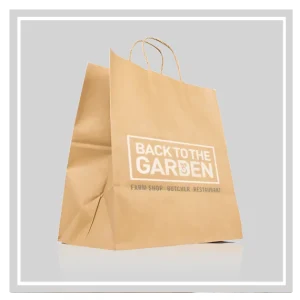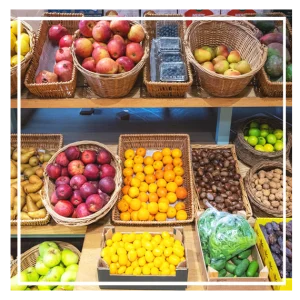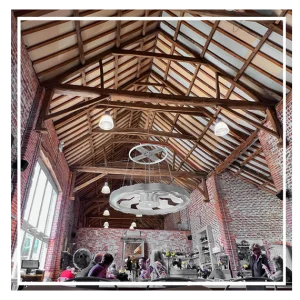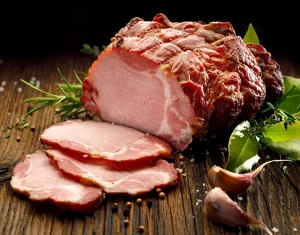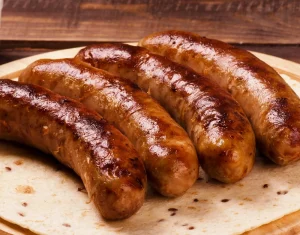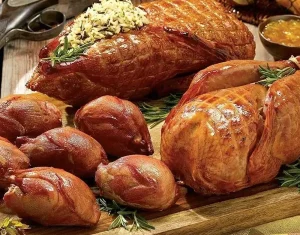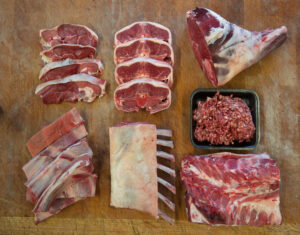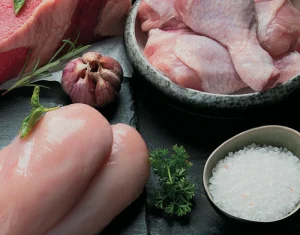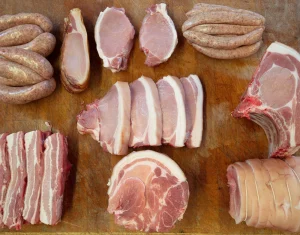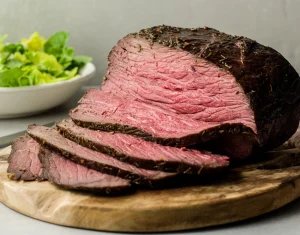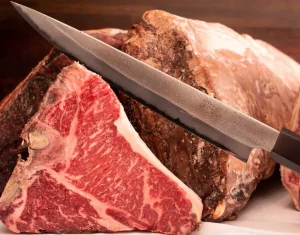


About Us

Back to the Garden is the multi-award-winning farm shop for the Astley Estate,
specialising in organic meat, vegetables and fruit, and provisions. It has a delicatessen, wine, beer and spirits
department, and sells handmade homeware.

Private Hire
Our barn and garden can make a magical setting for a enchanted event
The Farm

On our farm, we have always recognised the importance of healthy soil. When you have no chemical fertilisers, you naturally pay attention to the nutrients it can provide. Recently, we have added regenerative farming practices to our methods. That means taking even more care. We avoid ploughing as far as possible, as it breaks up the soil structure and damages the fungi and microbes that feed and look after crops, and it makes it harder for the earth to absorb water. It also releases carbon into the atmosphere. Instead, we are trying to capture as much of it as we can.
Our cattle graze as they would if they were wild, moving as a herd, finding fresh pasture after a day or two, and leaving the old behind. This movement gives the plants time to recover, and it means they are always growing. Also, as you can imagine, the cow manure leaves the land well fertilised. The cows eat a nutritious and varied diet of legumes, herbaceous plants and grass, not soya or grains grown far away. As they move over the land, they improve the quality of the soil and boost its organic matter. This so-called mob grazing is a feature of regenerative farming.
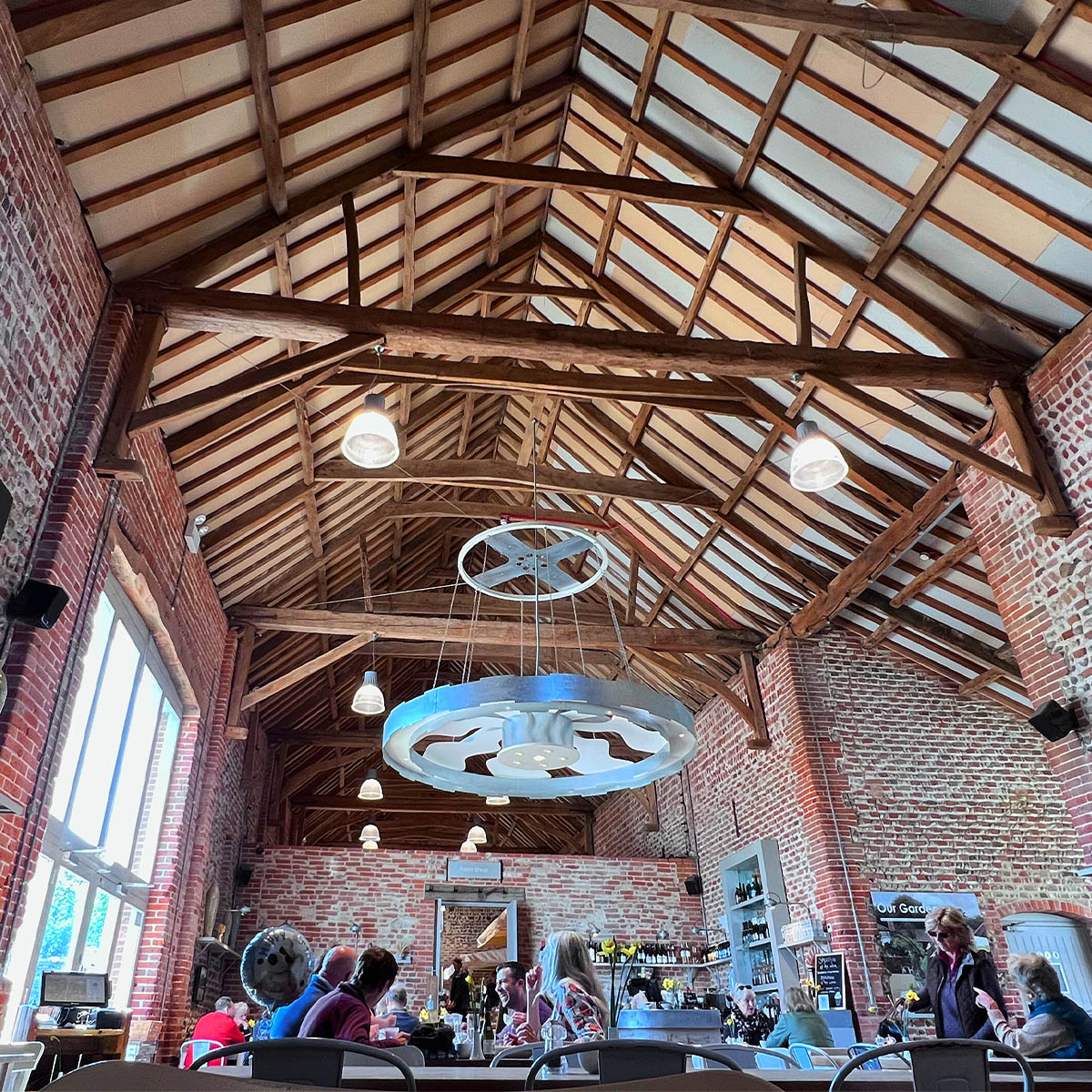
![]()
Shop The Butchery

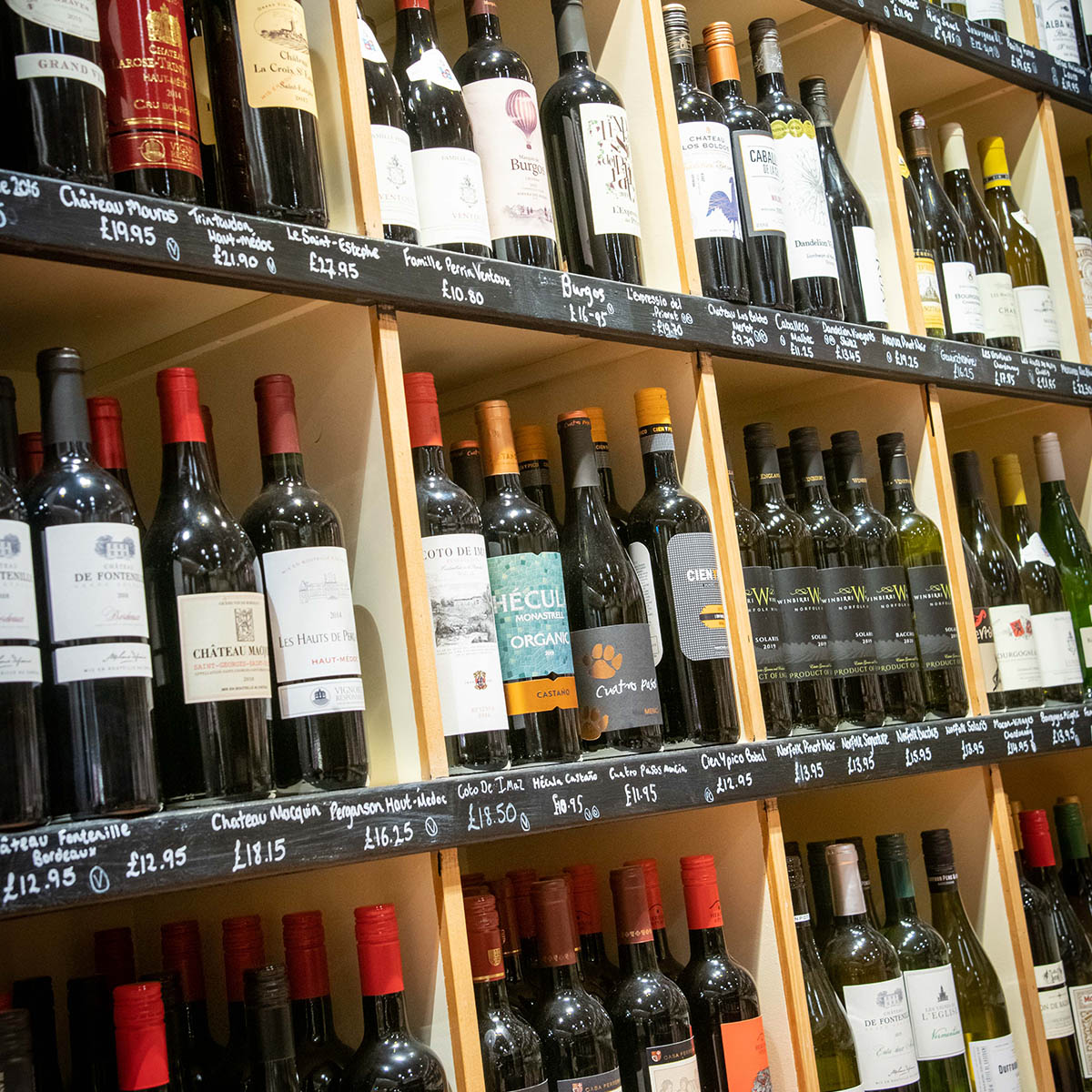
National Nature Reserve

A third of our farm is in clover leys – we grow as many as fifteen different types of plant in them. These mixtures are an important part of organic agriculture. These are the fields that appear to be out of production, but, in fact, the plants are fertilising the soil, adding nitrogen. The clover mix is also feeding the fungi and soil microbes so that when the land is planted again after a couple of years, the soil can provide the new crops with essential nutrients. The grazing cows and sheep play their part in this enriching process, nourishing the soil and giving the best possible start to what we sow afterwards.
We like to leave wild areas and broad field margins to encourage predator insects and biodiversity, and we add flower mixes to attract the pollinators – bees, butterflies, wasps, moths and beetles. Even the birds and mammals act as pollinators.
There is a large area of woodland in the middle of the farm. In fact, it is practically the size of the land where we grow our crops. Over 200 acres of it is a National Nature Reserve, home to a huge diversity of trees, plants and creatures.
We are converting the remaining 450 acres into a conservation woodland. The existing reserve will be the seed bank that helps supply the new area, which will replace the former forestry commission woodland. Through a mixture of natural regeneration and careful planting, we are going to create a site that in time may become as diverse as the neighbouring reserve. The trees will continue to suck carbon out of the atmosphere instead of being felled for timber.


